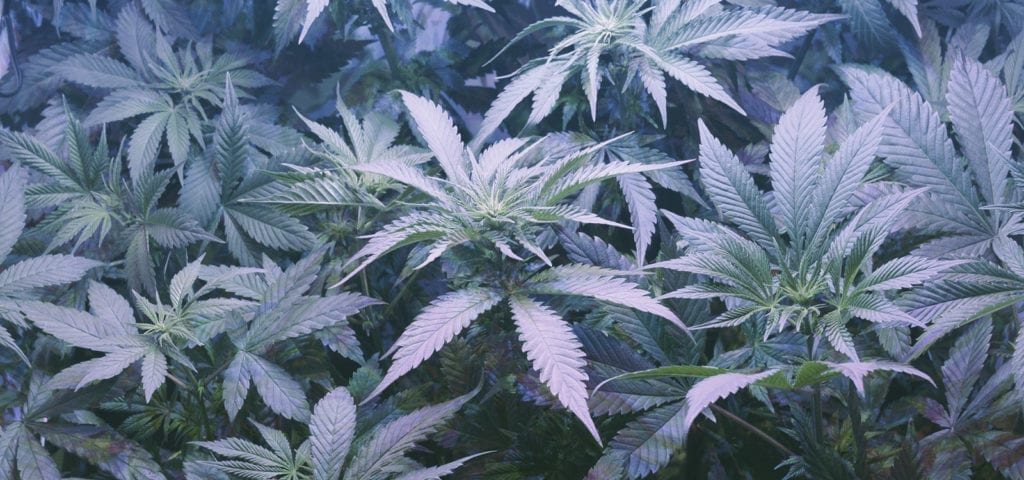Under a new deal with the federal government, Canadian provinces will receive 75 percent of taxes derived from the legalized cannabis industry after the feds initially proposed a 50/50 profit share, according to a BBC report. In October, Prime Minister Justin Trudeau proposed a 10 percent excise tax on recreational products that should not exceed 10 percent of product prices.
The deal allows the federal government to keep 25 percent, so long as that share does not exceed $78 million per year; additional revenues will be redistributed to the provinces. The feds also suggest that the price-per-gram be set around C$8 in order to weaken the illicit market.
Provincial officials argued that they should receive the lion’s share of the profits because they bear the majority of the costs associated with regulation, public health, law enforcement, and distribution.
Conservative Canadian senators are seeking to delay the adult-use rollout – which Trudeau hopes to launch on July 1. Conservative Sen. Claude Carignan suggests that the reforms could be pushed back to the end of 2018 so lawmakers can do their job “properly.” Meanwhile, Prince Edward Island, Manitoba, Newfoundland and Labrador, Nova Scotia, Alberta, and Quebec have unveiled provincial measures to regulate the industry.
According to the BBC report, Canada’s recreational cannabis market is estimated to reach C$3.7 billion to C$5 billion.
End
